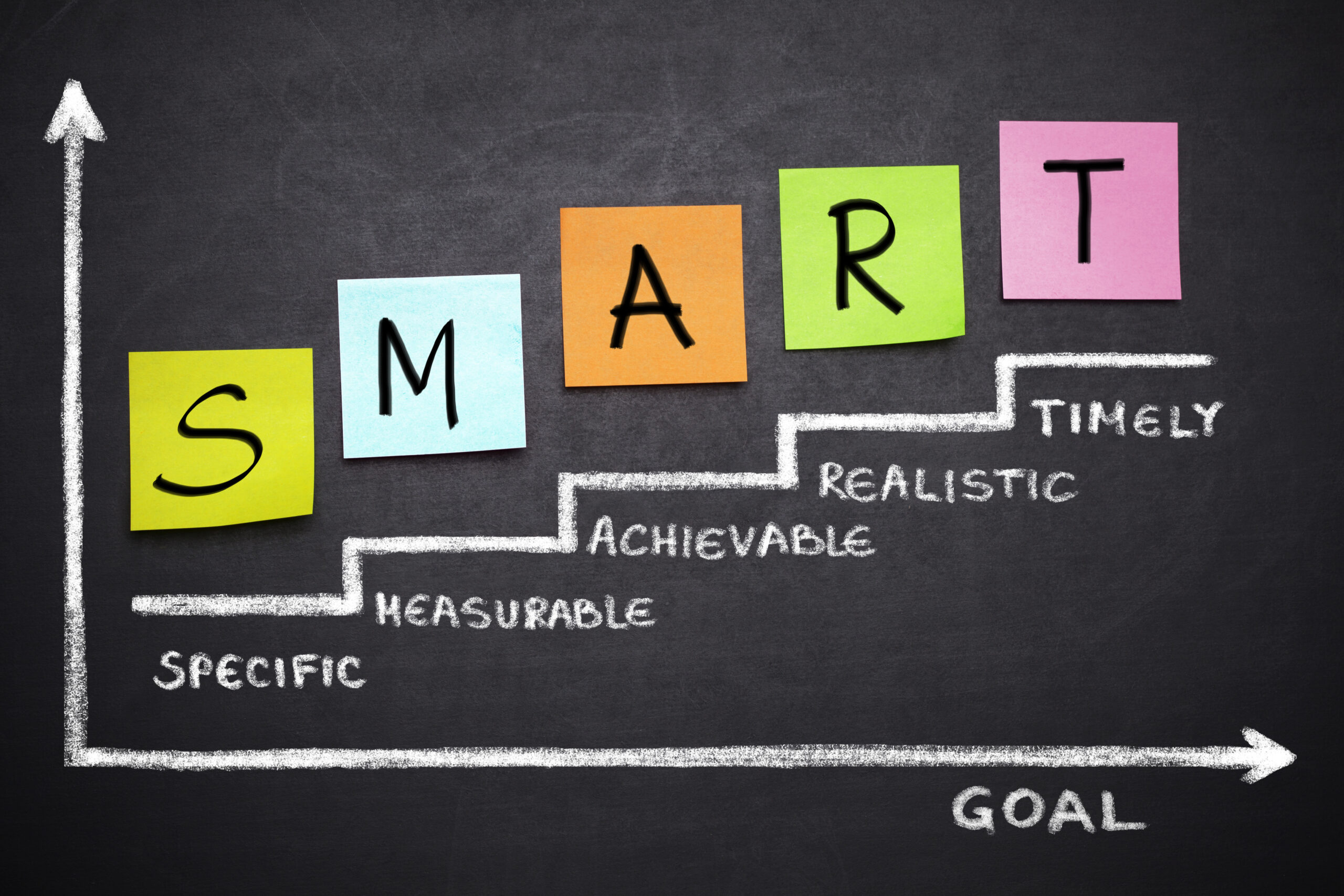Setting Goals for A Sober Lifestyle in Treatment and on Your Own
We’ve all been hit with moments of inspiration that drive us to make a change. We can be inspired to improve our lives after witnessing a motivating example, after a mistake we’ve made or in alignment with New Year’s resolutions.
In these moments of momentum, we feel a surge of hope and tend to set goals for ourselves. In recovery, just as in the rest of our lives, setting goals is an important part of the process. When done correctly with the right support and follow-up, we can live the sober lifestyle that enables us to be the person we want to be.
If you’re at a point in your life when you’re setting recovery goals for yourself and putting in the work to achieve them, you want to make sure you’re doing them right. Use this guide to ensure you’re setting yourself up for success and check out some recovery goal examples below.
Sober living
The first step in creating recovery goals is to focus on the end game: sober living. While it’s important to make goals for all areas of your life, it’s essential that you aim for complete abstinence from drugs and alcohol first. It’s surely the hardest goal, but essential to leading the life you desire.
While sober living is the main goal, it’s not the only goal. Complete abstinence requires a sober lifestyle, and that means changes in other areas too. These are secondary goals, but critical to long-term success.
For example, in creating recovery goals, you’ll likely need to change some lifestyle habits. You may find your body malnourished and depleted from withdrawal and make goals to eat healthily and cook for yourself. Finances devastated by addiction may need to be reversed with goals to find stable income and budgeting skills.
Remember that sober living is the main goal, but a sober lifestyle needs to be built around it in order for you to find true freedom from drugs. When your lifestyle actively minimizes the threat of relapse and the presence of triggers, you’ll find recovery is within reach.
The process of setting recovery goals
The process of setting recovery goals is just as important as the goals themselves. Here are some tips for streamlining the process both in treatment and on your own.
In treatment
If you’re in substance use treatment (which should be a primary goal if you haven’t begun yet), you’re likely to have goals as part of your treatment plan. These goals may be determined for you following an assessment or be formed as part of a collaborative process between you and an addiction specialist.
In active recovery, you’ll want to be aware of your goals in treatment. These goals should be personalized and guide the work you do at an addiction recovery center, and are often developed using the SMART acronym.
On your own
In addition to the goals in your treatment plan, you may find it beneficial to create goals on your own. You may find that there are areas of your life that aren’t directly related to recovery that you’d like to improve.
These goals may be more personal. You may hope to attend therapy to heal past trauma, pursue a different career or start a family. Chances are, setting and achieving these goals will have a positive spillover effect on your sobriety, anyway.
Recovery goal examples
These recovery goal examples are designed to be a generic launch point for your own brainstorming. Of course, these goals will need to be personalized to fit your own timeline, needs and time spent sober.
- To abstain from drugs and alcohol for a month
- To abstain from drugs and alcohol for a year
- To abstain from drugs and alcohol for a decade
- To identify my top triggers
- To participate in therapy to understand the origin of my addiction
- To discover the root feelings that lead to substance use through therapy
- To participate in a 12-step program weekly
- To practice and implement a handful of coping strategies that work in multiple settings
- To write in my recovery journal weekly
- To read about the science of addiction and the proven methods of treatment
- To complete an inpatient treatment program
- To complete an outpatient treatment program
- To participate in continuing services for two years
- To obtain a full-time job
- To earn a GED or college degree
- To complete certifications or programs to improve my marketability
- To stabilize my finances and buy a house
- To pay off debt and live according to a reasonable budget
- To repair and renew relationships with my kids
- To invest in my marriage through my commitment to sobriety
- To spend time volunteering monthly
- To find a way to use my experience to help others who face addiction
While some of these goals may seem more rewarding and appealing than others, it’s important to refrain from setting goals that are too far out. Rather, choose the goals that are appropriate to your time frame, and establish attainable objectives.
For example, if you’re in early recovery your goals will focus on identifying triggers and completing detox and inpatient treatment. A year or so later you’ll find your focus has shifted to long-term stability. By matching your goals to your situation in recovery you’ll find your recovery goals are achievable and have more motivation to complete them.





